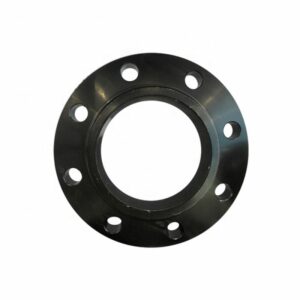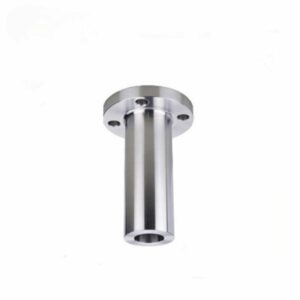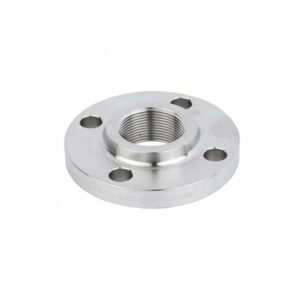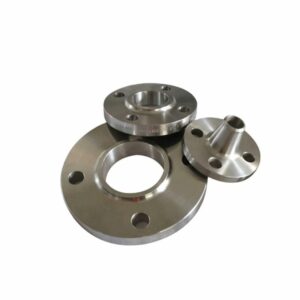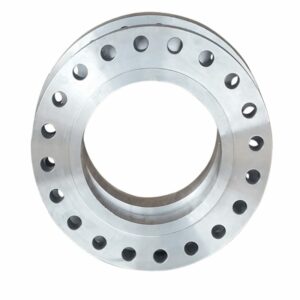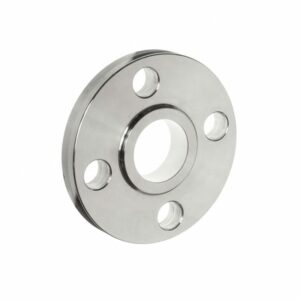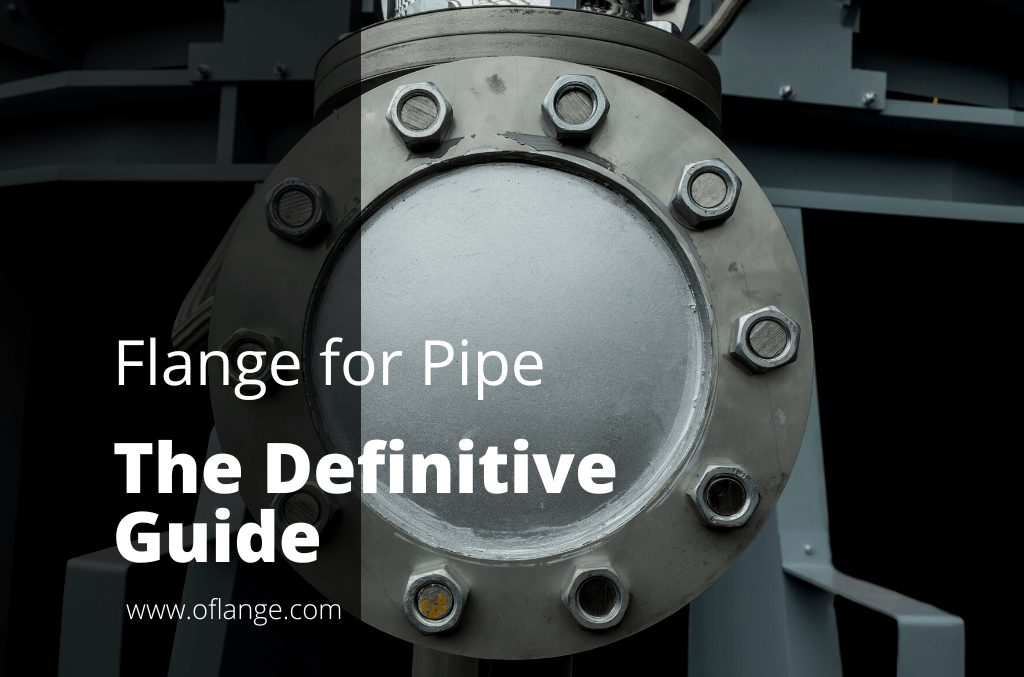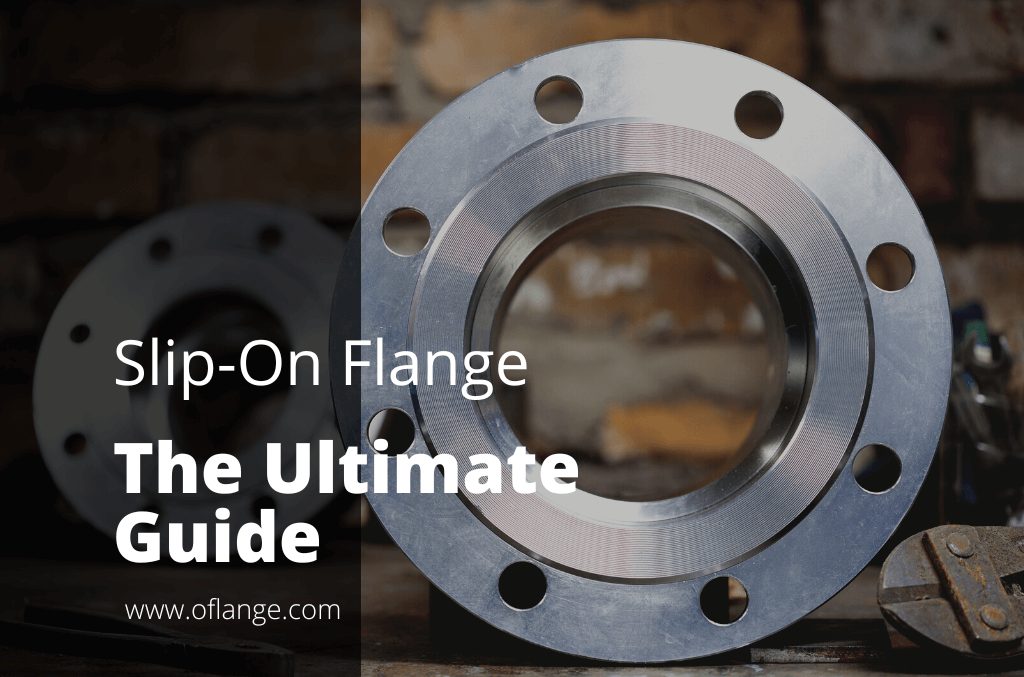PRODUCT FEATURES
API 6A Flange Manufacturer to Rocket Your Business
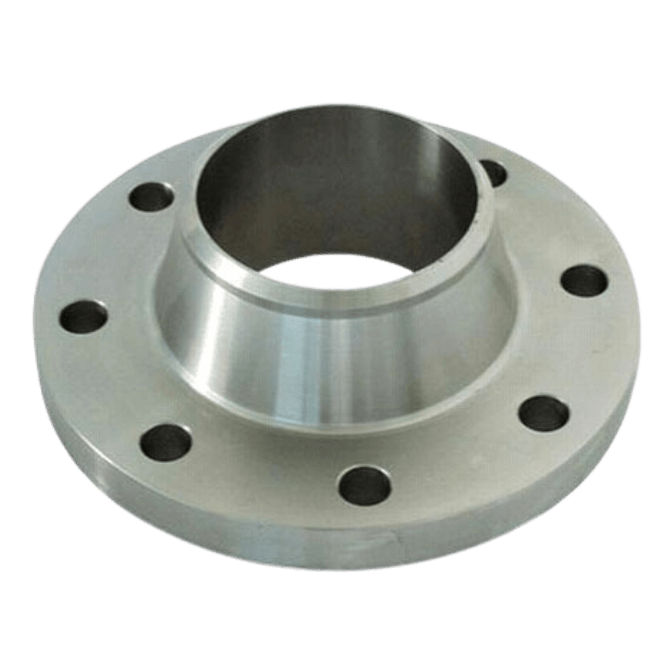
PRODUCTS
Proud To Offer A Wide Variety Of Flanges
If you are looking for something specific that isn’t listed on our website yet, just contact us today!

ABOUT US
Who Is Oflange.com
oflange.com have seen that today there are also many flange companies in China & internationally. However, their solutions were still stuck a few years ago.
In fact, we have been upgraded in recent years, and oflange.com hope our smart and flexible solutions can inject fresh blood into this market.
PARTNER
Who Trust Us





BUYER’S GUIDE
API 6A Flange
The API 6A flange is a pressure vessel flange that is used to connect equipment and piping systems. The API 6A flange is made of carbon steel, with an optional nickel coating.
The API 6A flange is a high-quality, durable and reliable product. It has been tested by the American Petroleum Institute (API). The API 6A flange has a unique design that helps to protect against corrosion and leakage from oil, gas or water pipelines.
This flange can be used in both vertical and horizontal applications. Its versatility makes it ideal for use with most piping systems on offshore oil rigs, drilling platforms, or production facilities.
API 6A flange is made of carbon steel and alloy steel, and it has good performance in high working pressure and high-temperature environments. They are easy to install and operate, and they are also corrosion resistant.
Table of contents
1. API 6A Flange Definition and Its Uses
API 6A Flange is designed to join pipes of different sizes and thicknesses together, increase support strength or bock off pipeline. API flanges come in a variety of classes, which are determined by the pressure rating of the flange.
API is the American Petroleum Institute specification for flanges used in the oil and gas industry. API 6A flanges are manufactured by the dimensional and performance requirements of API Spec 6A.
API 6A flanges are typically used in oil and gas production, refining, and pipeline applications. They are also commonly used in other industries where high-pressure piping is required, such as chemical processing, power generation, and pulp and paper manufacturing.
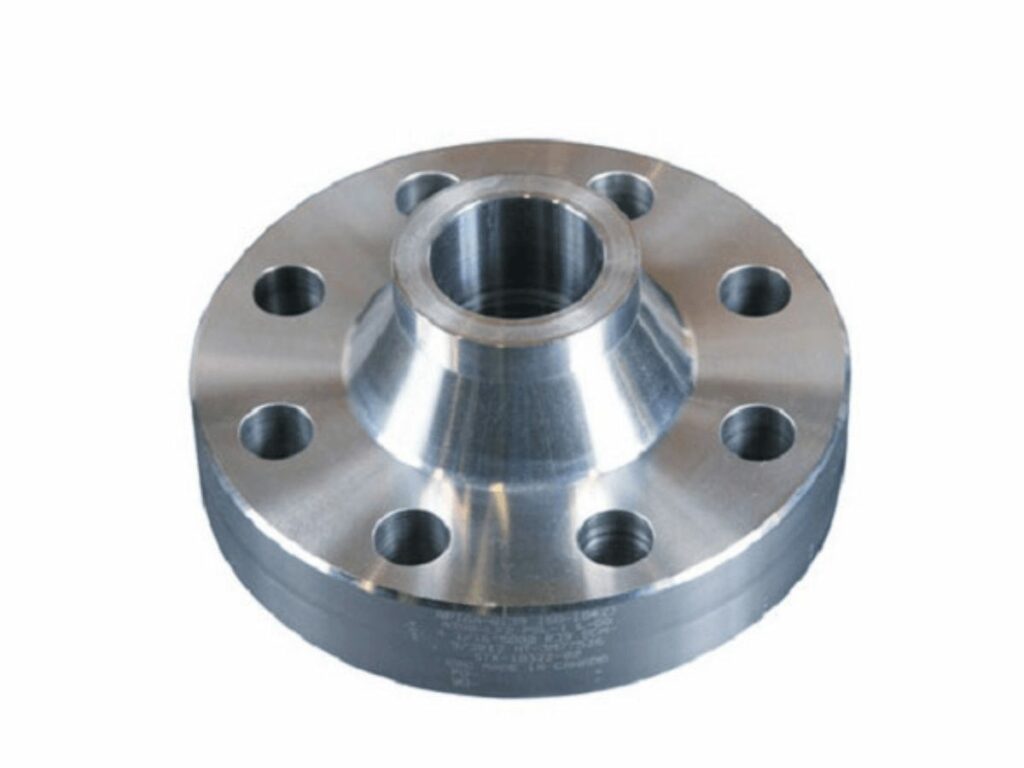
2. API 6A Flange Composition
Materials used in the manufacturing of API 6A flanges are typically composed of are as follow:
- Carbon steel (CS)
- Stainless steel (SS)
- Alloy steel
- Hastelloy
- Monel
- Inconel
- Titanium
- Duplex Steel
- Nickel Alloy
- Super Duplex Steel
- Incoloy
- 254 SMO
- Copper Nickel
- Aluminum
- Bronze
- Mild Steel (MS)
- Brass
The composition of an API 6A type is important to consider when selecting the appropriate flange for your application. For example, if you need a flange that can withstand high temperatures and corrosive environments, you would likely select a stainless steel API 6A flange.
Conversely, if you need a lightweight and corrosion-resistant flange for lower-pressure applications, you might select an alloy steel API 6A flange.
No matter which material you choose, API 6A flanges are always manufactured to the highest quality standards. This ensures that your flange will meet the specific requirements of your application and that it will perform reliably for years to come.
3. API 6A PSI Working Pressure
Here are the different API pressure ratings that represent the maximum working pressure of the equipment:
- API 650
- API 2000
- API 3000
- API 5000
- API 10000
- API 15000
- API 20000
These flanges are manufactured in line with API 6A dimensional and performance requirements. The API 6A working pressure is the pressure at which the flange will operate safely. It is important to select a flange that has a PSI working pressure that exceeds the maximum operating pressure of your application.
4. API 6A Dimensions
API 6A dimensions are critical to ensuring the proper function and safety of an API 6A flange. The dimensions must be followed exactly to ensure compatibility and safe operation.
| Bolt Circle Diameter | 2-1/2 inches to 168 inches |
| Pipe Diameter | 1-1/2 inches to 168 inches |
| Number of Bolts | typically either 4, 6, 8, 10, or 12 |
| Bolt Size | 3/8 inches to 2-1/2 inches |
| Flange Thickness | 1/8 inches to 2 inches |
Bolt Circle Diameter
The bolt circle diameter is the diameter of the circle that the bolts go through to hold the flange together. It must be matched to the size of the hole in the piping, or else you will not be able to bolt the flange on. It ranges from 2-1/2 inches to 168 inches.
Pipe Diameter
The pipe diameter is the diameter of the pipe that the flange will be attached to. It ranges from 1-1/2 inches to 168 inches.
Number of Bolts
The number of bolts on a flange can vary, but is typically either 4, 6, 8, 10, or 12.
Bolt Size
The bolt size is the diameter of the bolts that hold the flange together. It ranges from 3/8 inches to 2-1/2 inches.
Flange Thickness
The thickness of the flange can vary depending on your application. It ranges from 1/8 inches to 2 inches.
5. Different Types of API 6A Flange
Here are the different types of API 6A flange:
Weld Neck Flange
A weld neck flange is a type of flange that is used to connect two pieces of pipe. The flange is attached to the end of one pipe, and the other pipe is then inserted into the flange. A weld is then performed around the circumference of the flange, which connects the two pipes.
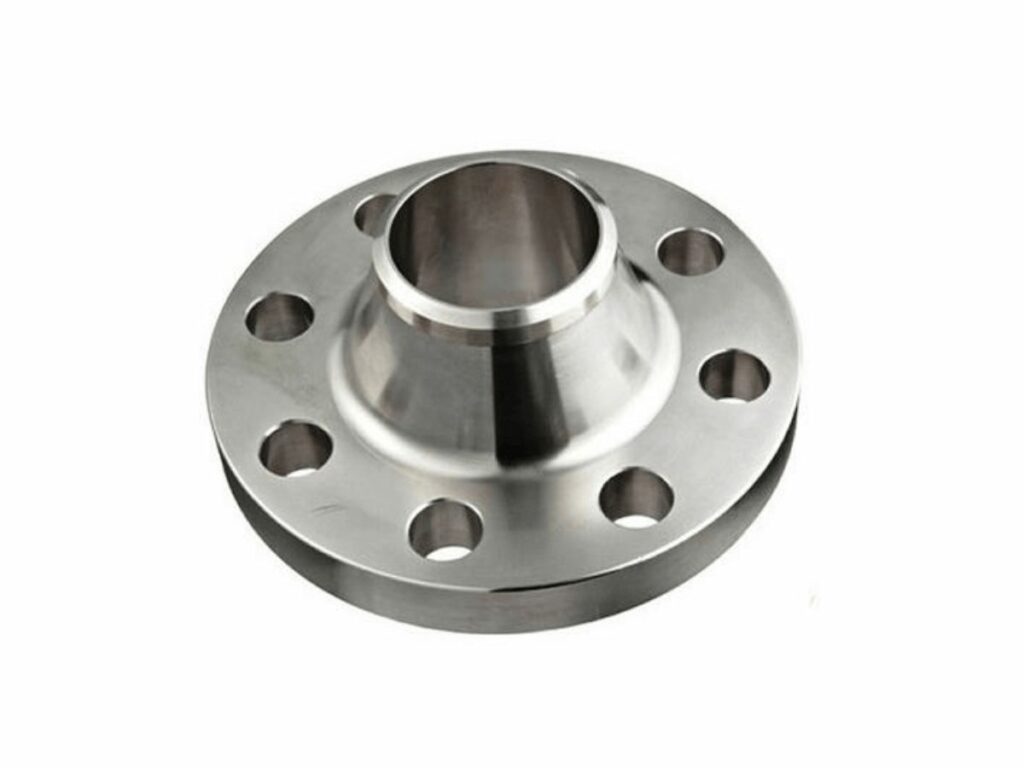
Threaded Flange
Threaded flanges, also known as companion flanges, screw flanges, or NPT flanges, have a female NPT thread in the middle that allows them to connect to male NPT threaded piping. When making reducing connections, threaded flanges are commonly used.
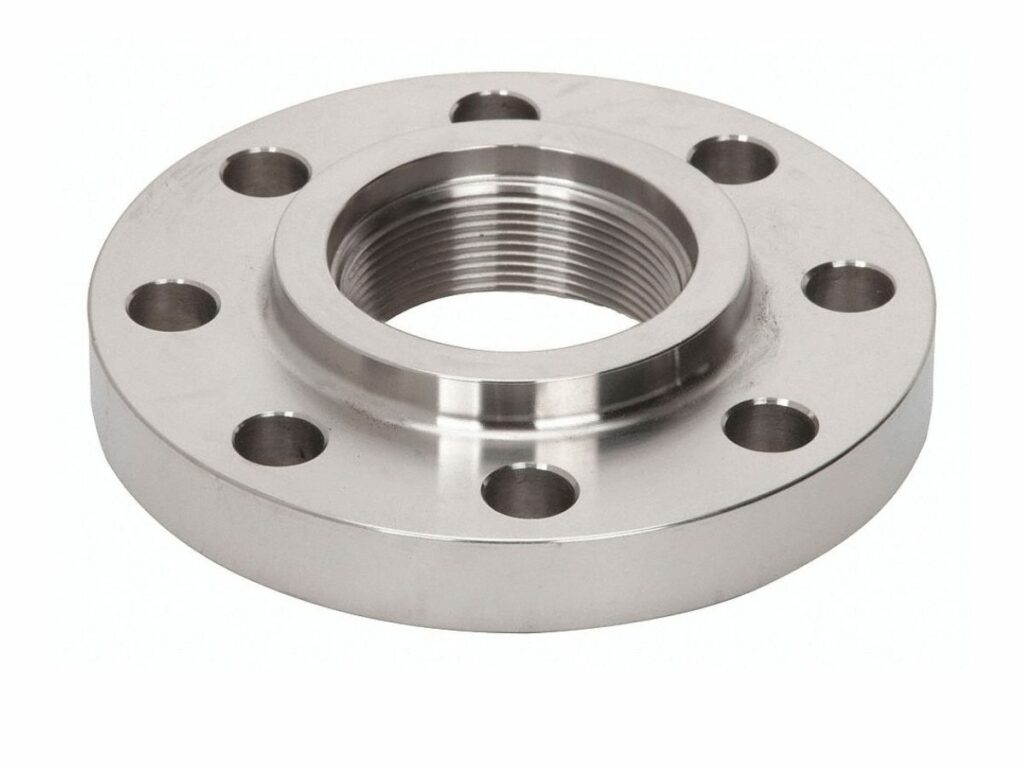
Lap Joint Flange
A flange is a type of connector used to join two pieces of pipe. Lap joint flanges are usually made from cast iron or forged steel and have a raised face on one side. The flanges are bolted together and the gasket is sandwiched between the flanges.
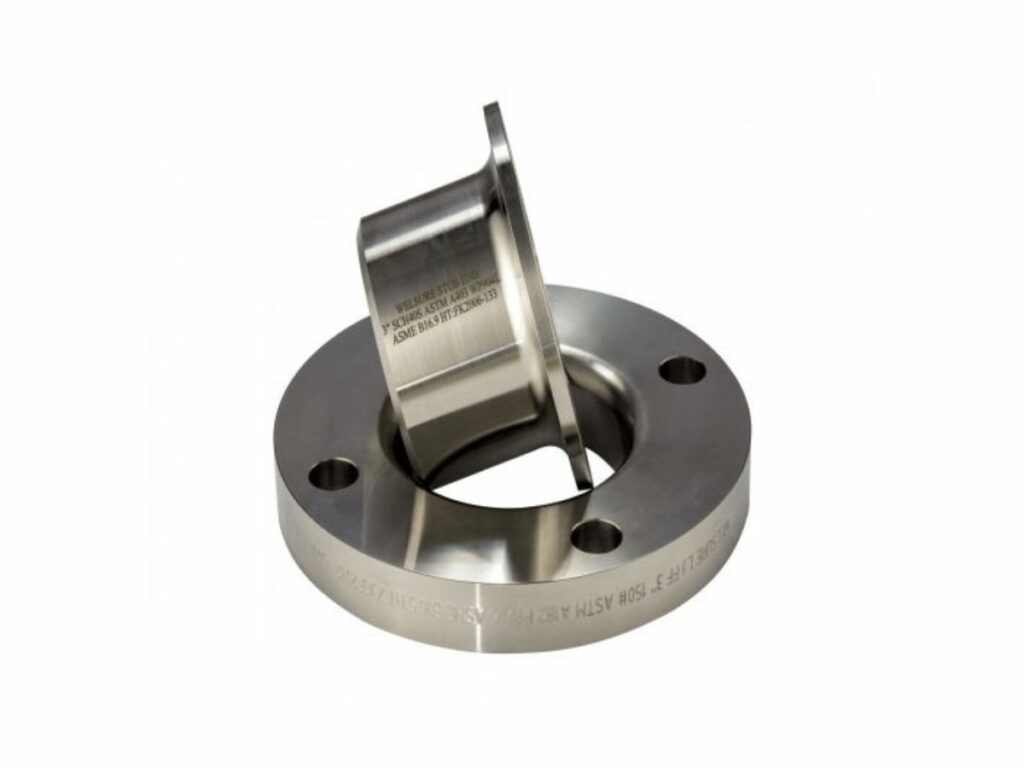
Socket Weld Flange
A socket weld flange is a type of flange that is used to connect two pipes. It is typically a flat disc with a hole in the middle that allows it to be bolted onto the end of one pipe. The flange then seals against the surface of the other pipe, creating a watertight seal.
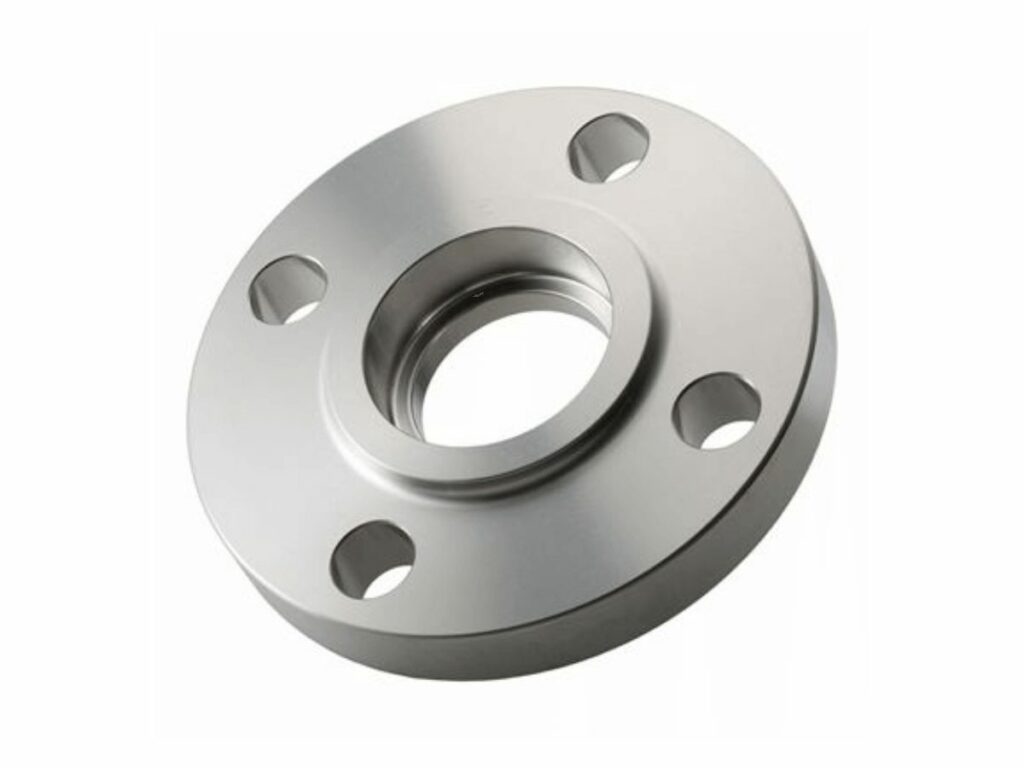
Blind Flange
A blind flange is a type of flange that is used to seal the end of a pipe. It does not have any holes in it, so it cannot be used to regulate the flow of fluid through the pipe.
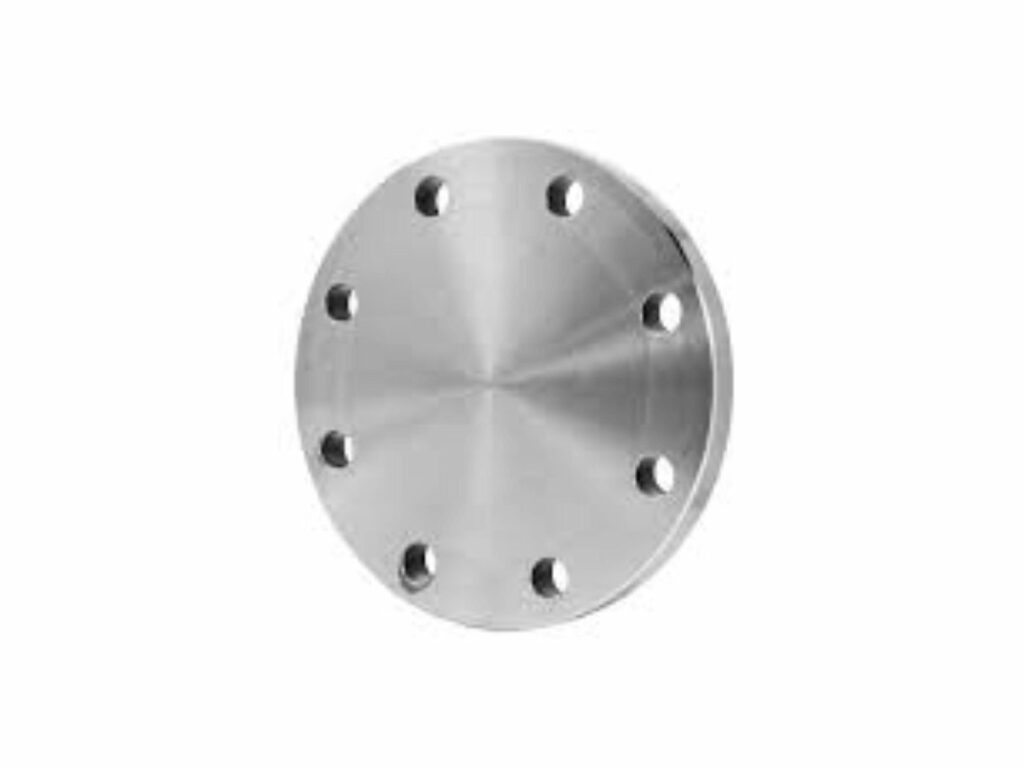
Ring Joint Type
API 6A flange differs from a ring joint type flange in that a ring joint type flange generally has a ring groove machined on the OD of the flange which accepts a seal ring, while API 6A compact flange has no groove and use a gasket only.
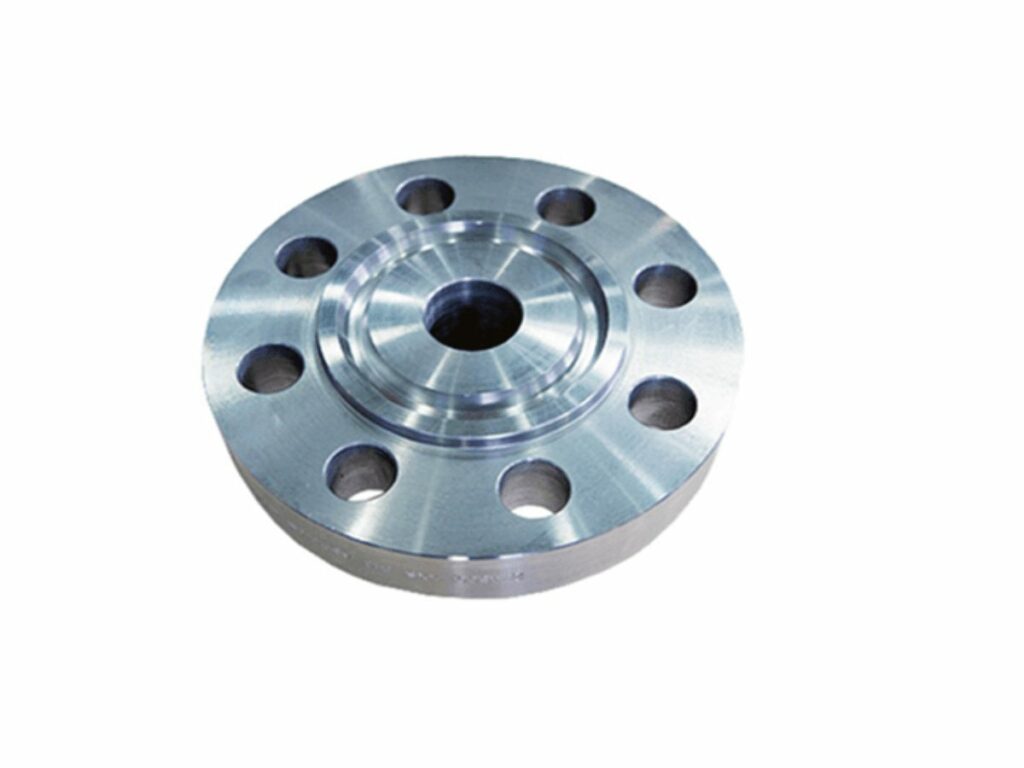
Under this type, there is a type 6b flange which is not designed for a face to face makeup. The metallic ring gasket is affected by the connection make-up bolting force. And there is a type 6bx flange which is designed with a raised face.
There are many different types of API 6A flanges available, so it is important to select the right one for the job.
6. The Benefits of Using API 6A Flange
Here are some of the benefits of using an API 6A flange.
Reliable
API 6A flanges provide a reliable connection between two pieces of pipe. The weld around the circumference of the flange creates a watertight seal that prevents any fluid from leaking out.
Easy to Use
API 6A flanges are easy to use. They can be bolted together quickly and easily, and they do not require any special tools or skills.
Durable
API 6A flanges are made from forged steel, which makes them stronger and more durable than other types of flanges.
Corrosion-Resistant
API 6A flanges are corrosion-resistant, which means they will not rust or corrode over time. This makes them a better choice for applications where corrosion is a concern.
7. The Difference Between API 6A Flange and Other Flange Type
API 6A flange is thicker and stronger than other flange types, making it better suited for high pressure and high-temperature applications. The API 6A flange also has a superior sealing surface, preventing leakage in even the most demanding environments. API 6A flanges are commonly used in the oil and gas industry.
API 6A flanges are made to a specific dimensional standard and have certain tolerances that must be met. Other types of flanges may not meet the dimensional requirements or tolerances of API 6A flanges.
8. Manufacturing Process of API 6A Flange
Here is a step by step guide on how API 6A flanges are manufactured:
Step #1 Create the Blank Flange
The first step in manufacturing an API 6A flange is to create the blank flange. The blank flange is made from forged steel and is round in shape. It has a hole in the middle that allows it to be bolted onto the end of a pipe.
Step #2 Weld the Flange
The flange is then welded to the end of the pipe. The weld around the circumference of the flange creates a watertight seal that prevents any fluid from leaking out.
Step #3 Cut the Flange
The flange is then cut into the desired shape and size.
Step #4 Drill the Holes
The holes are then drilled in the flange. This allows it to be bolted to other flanges or fittings.
Step #5 Test the Flange
The flange is then tested to ensure that it meets the API 6A standard.
Step #6 Pack and Ship the Flange
The flange is then packed and shipped to the customer.
9. API 6A Flange Average Price
The price of API 6A flanges varies depending on the size and material. The average price of API 6A flanges is USD 1,500/ton. However, the price can be lower or higher depending on the size and material. For example, a stainless steel API 6A flange may cost more than a carbon steel API 6A flange.
The larger the flange, the more expensive it will be. For instance, a flange with a diameter of 18 inches will cost more than a flange with a diameter of 12 inches.
The type of material also affects the price. Stainless steel API 6A flanges tend to be more expensive than carbon steel API 6A flanges.
10. 6 Tips to Choose the Right API 6A Flange for Your Needs
Here are some tips on how to choose the right API 6A flange for your needs.
#1 Consider the Flange Type
There are many different types of API 6A flanges, so you need to consider what type will work best for your application. Some of the most common types include blind flanges, lap joint flanges, and weld neck flanges.
#2 Consider the Size
The size of the API 6A flange you need will depend on the size of the pipe or tubing it will be connecting to. Make sure to choose a flange that is the correct size for your application.
#3 Consider the Pressure Rating
The API 6A flange must have a pressure rating that is high enough to handle the expected pressure in your application. Make sure to choose a flange with a rating that is appropriate for your needs.
#4 Consider the Material
The API 6A flange must be made of a material that can handle the expected conditions in your application. Make sure to choose a flange made of the correct material for your needs.
#5 Consider the Connection Type
The API 6A flange must have a connection type that is compatible with the piping or tubing it will be connecting to. Make sure to choose a flange with a connection type that is appropriate for your needs.
#6 Buy From a Reputable Supplier
When choosing a supplier, make sure to choose one that is reputable and has a good track record such as Oflange. This will ensure that you get a quality product that meets the API 6A standard.
11. 7 Tips for Installing and Using API 6A Flange Safely and Effectively
Here are a few tips on how to install and use API 6A flange safely and effectively.
#1 Always Wear Protective Gears
Always use a gasket when installing API 6A flange. A gasket helps to create a seal between the flange and the component being connected.
#2 Check For Any Damage
Inspect the components to be connected for any damage or irregularities. If there is any damage to the flange or gasket from excessive bolt torque, it must be repaired before connecting the components.
#3 Make Sure All Bolts are Tightened
Make sure that all bolts are tightened to the correct torque specifications. Over-tightening or under-tightening bolts can cause damage to the flange and/or the components being connected.
#4 Lubricate Regularly
Lubricate the gasket with a suitable lubricant before installation. This will help to create a better seal between the flange and the component.
#5 Proper Alignment
Make sure that the flanges are aligned and properly seated before tightening the bolts. If the flanges are not aligned, it can cause damage to the gasket and/or the components being connected.
#6 Always Use a Torque
Always use a torque wrench to tighten the bolts. This will help to ensure that the bolts are tightened to the correct torque specification.
#7 Ensure that Surface is Free From Debris
Keep the area around API 6A flange clean and free of debris. This will help to avoid any accidents or injuries.
12. Conclusion
API 6A flanges are a critical component of any pipeline system. They provide a reliable, leak-free connection for pipelines and other components.
At Oflange, we offer a wide range of sizes and materials to meet the needs of any project. Our experienced team can help you select the right flange for your application, and we can provide installation and maintenance services as well.
Contact us today to learn more about our API 6A flanges and how we can help you get your project up and running quickly and efficiently.
